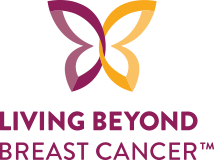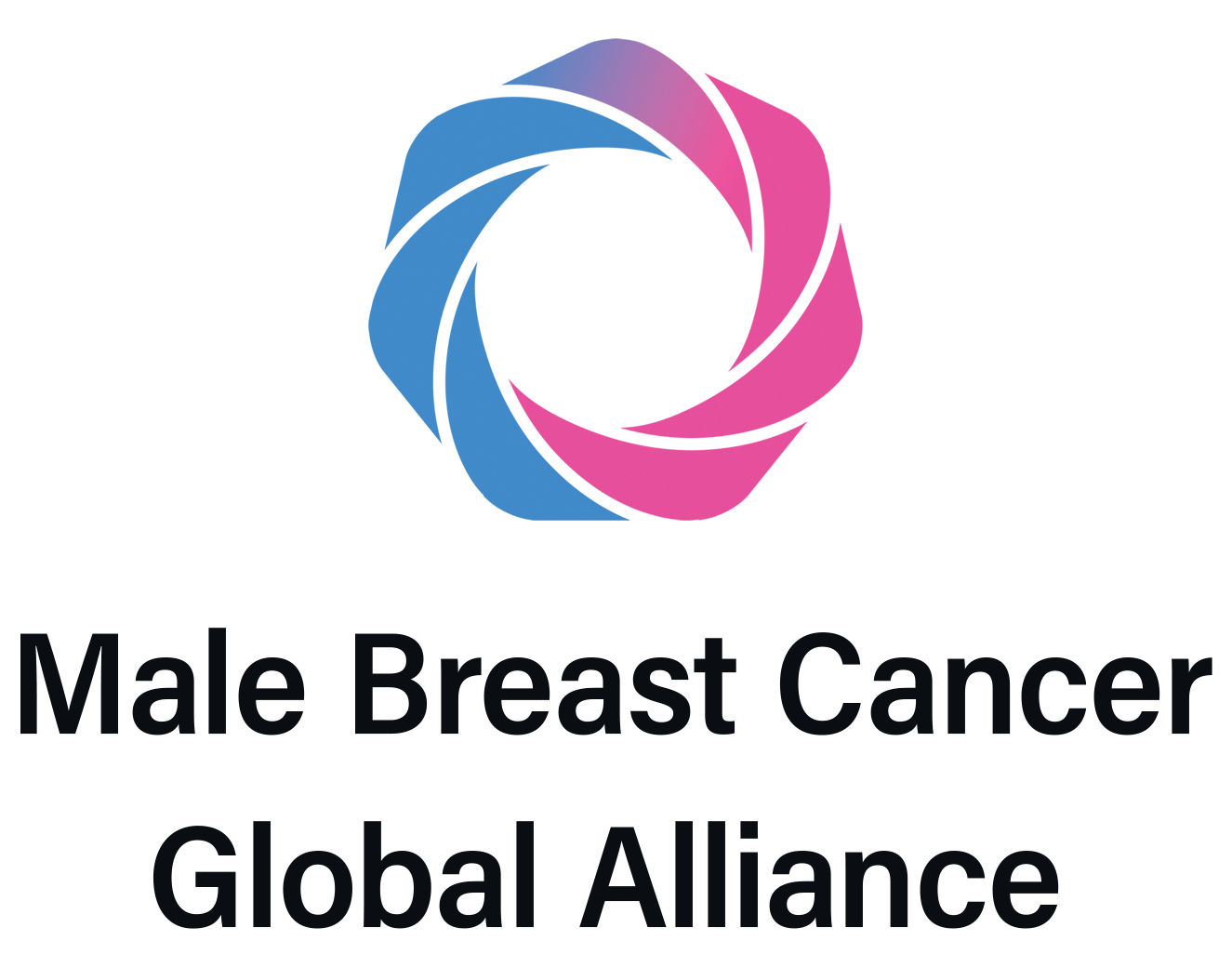About Metastatic Breast Cancer
Metastatic breast cancer (mBC), also known as stage 4 breast cancer, is cancer that has spread beyond the breast to other parts of the body. It is the most advanced stage of the disease, for which there currently is no cure. It’s estimated that more than 150,000 people are currently living with mBC in the U.S. Approximately six percent of women in the U.S. are diagnosed with de novo mBC, which means the disease has metastasized at the time of initial diagnosis. mBC can affect women of all ages and races, and men can be diagnosed too.
Breast cancer, regardless of stage, is not a single disease with uniform characteristics. For example, there are several different types of breast cancer, which can be characterized by the presence of particular hormone receptors.
Additionally, some breast cancers are also hereditary, caused by genes with mutations, or changes, passed down from either parent to their children. Most inherited cases of breast cancer are associated with mutations in two genes, BRCA1 and/or BRCA2, which together account for about 25 to 30 percent of hereditary breast cancers and approximately three to six percent of all breast cancers.
The emotional toll of mBC can be profound. A diagnosis of mBC can leave a person feeling confused, scared and alone. It can change how they feel about themselves, communicate with others and live their lives.
If you want to learn more about mBC, visit the Story Half Told Resources Page.
About Story Half Told

Pfizer, in partnership with people living with metastatic breast cancer (mBC), patient advocates and healthcare professionals, undertook the Breast Cancer: A Story Half Told (Story Half Told) initiative, to tell the mBC story. Story Half Told supports people living with mBC, addresses the lack of understanding of metastatic disease and expands the breast cancer conversation to be more inclusive of mBC by featuring the stories of those living with the disease.
Grounded in survey data and observational research, Story Half Told explores the needs of people living with mBC in multiple aspects of their lives: in the doctor’s office, the workplace and society. The findings revealed significant misconceptions surrounding the disease and informed the development of Story Half Told as it exists today – a community focused on supporting people living with mBC.
Story Half Told features the voices and stories of women and men with mBC, who share their unique experiences to highlight the realities and joys of their lives while living with this disease. It also includes Community Stories, a platform that provides the broader mBC community with the opportunity to share their own experiences, tips, and words of inspiration.
Statements of Need
As our knowledge about the biology behind breast cancer grows and treatment options evolve, so must the way we communicate about metastatic breast cancer (mBC) and the specific aspects of living with this disease that remain untold.
There is an overarching consensus among the breast cancer community – including healthcare professionals, people living with breast cancer, the patient advocacy community and us here at Pfizer – that people living with mBC need to be a part of the larger breast cancer dialogue and receive the support and information that's specific to their needs.
The studies conducted as part of Story Half Told provide us with a better understanding of the needs of the community and specifically of people living with mBC. The findings, along with input from multi-disciplinary breast cancer experts, led to the development of several important actions that must be taken by multiple parties such as, healthcare professionals, caregivers, patient support networks and people living with mBC, to improve patient experiences and outcomes.



















